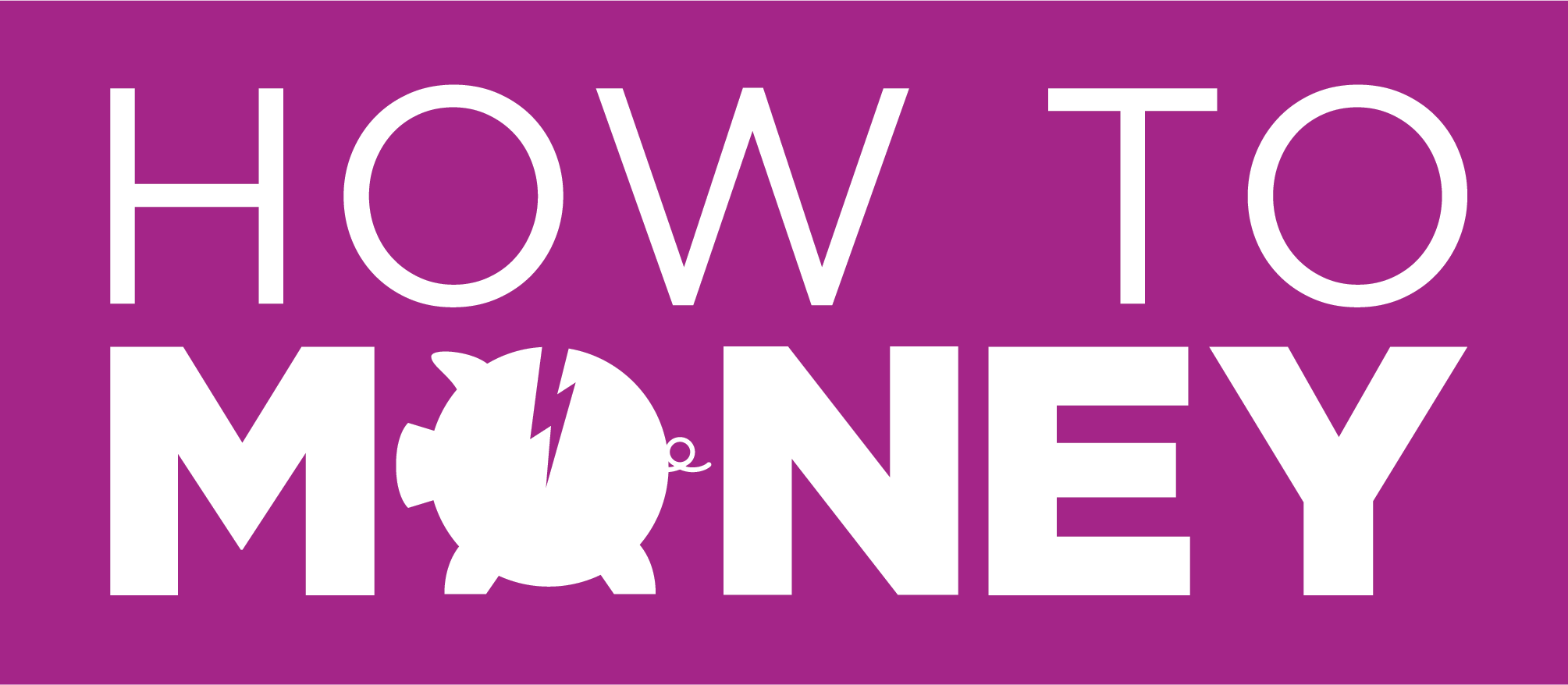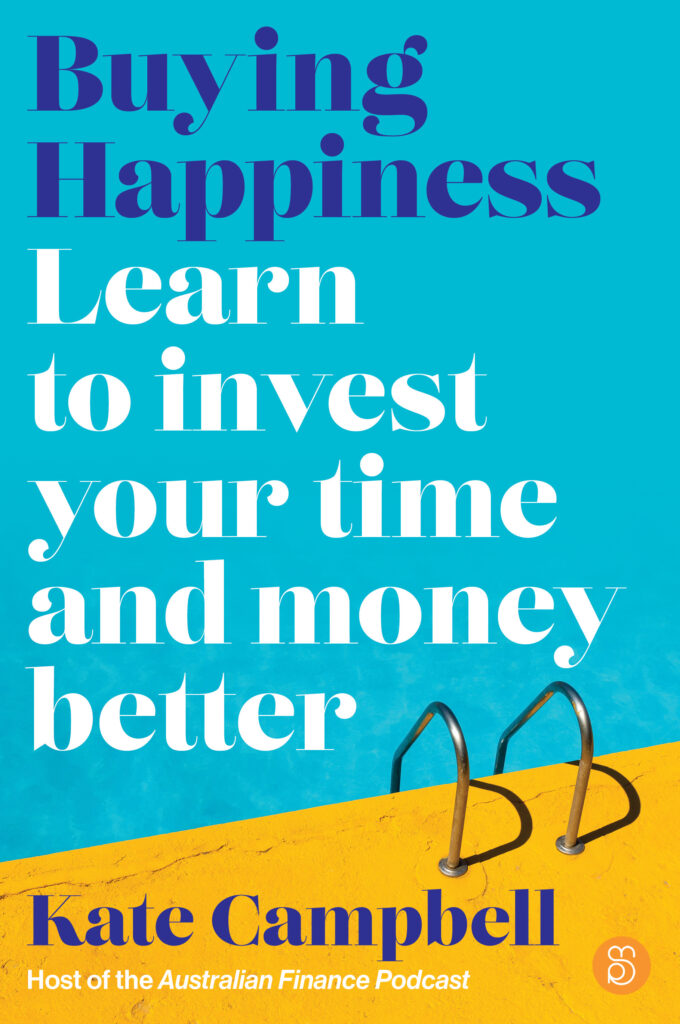
Sorting Out Your First Tax Return
Tax returns can be a daunting prospect, but they don’t need to be! In this article, Ashley Debenham from Etax Accountants covers some tax return basics, plus some tips to ensure you get the best possible refund at tax time.
What is the purpose of a tax return?
In Australia, we have a tiered tax system. That means the more money you earn the more tax you pay and it’s all calculated based on your yearly income.
The point of doing a tax return each year is to calculate the difference between the tax you already paid during the year and what you should have paid based on your final income for the year, which more often than not are different.
How do I know if I need to complete a tax return?
There are three basic scenarios you’ll likely fall into, which will help determine if you need to do a tax return.
1. You earn under $18,200 AND you’ve paid no tax during the year.
No tax return is required. But, just because a tax return isn’t needed, it doesn’t mean you’re off the hook! You still need to let the ATO know in the form of a “non-lodgement advice” that a tax return isn’t required for that year. Most accountants will still charge a fee for that service, but at Etax we do non-lodgement advice free of charge.
2. You earn under $18,200 AND you did pay some tax during the year.
You should lodge a tax return. As you’re below the tax-free threshold ($18,200), you’ll get every dollar of tax you paid during the year back as a tax refund.
3. You earned above $18,200 during the year.
You should lodge a tax return. Your tax refund will be calculated based on the amount of tax you’ve already paid during the year vs the amount you should have paid based on your total income for the year.
What documents should I gather to make my life easier?
Here’s a quick checklist of items to pull together for your return:
Income Records
- Payment summary or income statement — don’t worry if you don’t have a physical copy as your accountant can usually access this on your behalf!
- Interest on savings
- Income from any activity in the sharing community (Uber, AirBnB)
- Any freelance income
- Rent you received from renting out a room privately
- Rental income on any investment properties you own or have a share in
- Any other form of income that you received.
Deduction Records
- Evidence of any deductions you want to include on your return (more on that below).
Other Records
- Private health information (if applicable)
- Information about your spouse.
How do I know what deductions I’m allowed to claim?
There are a couple of rules to ask yourself about each possible deduction you want to claim. If you can answer yes to these four questions, then that expense can usually be included as a deduction on your return:
- You paid for the item yourself out of your own pocket.
- You were not reimbursed or paid back by your employer.
- You have a receipt or other evidence of the purchase.
- The item you purchased was for your work.
If you’re not sure, always keep the receipt and ask your accountant. They’ll be able to make sure you’re not missing out on valuable deductions which can boost your tax refund.
At Etax we have a handy personalised deduction finder available to our clients as well. Simply select your occupation from the drop-down list, and then down below we’ll show you the deductions that other people with the same job as you can usually claim.

How do I put together and submit a tax return?
You have three main options for lodging your return:
1. Lodge via an online tax agent like Etax
An online tax agent, like Etax, combines online convenience with the confidence of using a tax agent. You can do your tax return anywhere, at a time that suits you while still getting the peace of mind that an accountant who’s on your side has checked your return for you.
2. Lodge via a face to face tax agent
The same as using an online agent like Etax, except it’s done face to face. That means you’ll need to attend an appointment, usually during business hours and, depending on where you go, they can be quite expensive compared to online options.
3. Go it alone and lodge directly with the ATO
The ATO does offer a free lodgement service. Lodging direct to the ATO means you’re on your own. In Australia, only about 30% of taxpayer choose this option with the other 70% using the services of a tax agent like Etax to complete their tax return.
Keep in mind — it’s the ATO’s job to collect revenue, not help you get a bigger refund.
When do I need to finish it all by (and what happens if I don’t do it or submit it late)?
In general, tax returns need to be submitted by 31 October each year. For taxpayers who have a good tax history and they use a tax agent to lodge their return, usually, their agent can negotiate a lodgement extension until 15 May the following year.
If you submit your tax return late, you run the risk of ATO fines and penalties up to $1050, plus interest charges if you end up owing the ATO money.
Our advice — don’t wait unless you really must. For most Australians, they’re going to get a refund so that means the ATO has money that is rightfully yours. The longer you delay lodging your return the longer you’re giving the government an interest-free loan! Click here for a more in-depth look at how to do your tax return.
Ashley Debenham — HTM Guest Contributor from Etax Accountants






